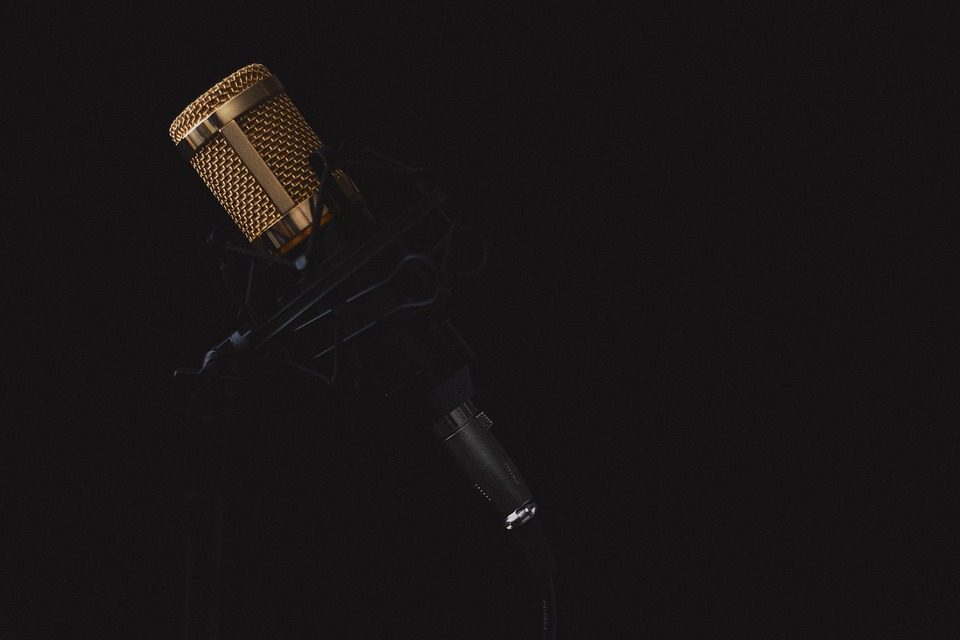
By Heather Hamilton, contributing writer
A new startup called Lyrebird from Montreal, Canada, is launching a web service that it claims will allow you to replicate anyone’s voice with just a minute of recorded data. The service, named for the bird, replicates nature in its ability to parse voices to allow you to imitate your target. Lyrebird’s algorithm, according to their press release, reads with a given emotion.
Right now, the service is in proof-of-concept stage, but it represents an important leap forward in technology — specifically, in artificial intelligence. Lyrebird will even be able to learn voices when the recorded sample contains background noise. Privacy News Online warns of the potential for mass voice copying, which may eventually be used to thwart anything reliant on voice authentication.
Here’s a sample of Lyrebird in action. Note that, while it’s not perfect, the work-in-progress audio sounds remarkably like who it’s trying to imitate.
Forays into voice replication aren’t new, as The Verge reports. Google has created life-like voices, and Adobe is working on a software that can edit human speech in the way that Photoshop edits digital images. The difference is that they require 20 minutes of sample audio.
The Economist reported on voice-imitation software just a few days before Lyrebird was announced, mentioning Parisian company CandyVoice, who developed a voice-cloning app, which is still a little synthetic (though not for long), according to creator Jean-Luc Crébouw. The article discusses several other voice-cloning programs, and while none of them operate with the accuracy and efficiency of Lyrebird, they assure us that voice cloning is an unarguable part of the future.
Of course, this is generating an important discussion about ethics, which is addressed in part of Lyrebird’s website: “Voice recordings are currently considered as strong pieces of evidence in our societies and, in particular, in jurisdictions of many countries. Our technology questions the validity of such evidence as it allows to easily manipulate audio recordings.”
This may lead to some potentially dangerous situations — these voices may be used for political gain, fraud, and identity theft, to name a few. Imagine a world leader hearing a recording of another world leader threatening war. And what about personal brand? Why would you hire Morgan Freeman to record a voiceover for your commercial when Lyrebird will do it for practically nothing? The implications are far-reaching and dangerous, and, while we’re still dealing with a proof of concept, AI voices are not far off.
Lyrebird is the brainchild of University of Montréal PhD students Alexandre de Brébisson, Jose Sotelo, and Kundan Kumar, with professors Pascal Vincent, Aaron Courville, and Yoshua Bengio advising.
In an interview with The Verge, de Brébisson says, “The situation is comparable to Photoshop. People are now aware that photos can be faked. I think in the future, audio recordings are going to become less and less reliable [as evidence].” He goes on to say that, yes, it is true that people still fall for altered photos in the right context, and that it can perhaps happen in voice synthesis.
Benigo, who also serves as the director of the MILA, would like to make Montréal a world capital of artificial intelligence and says that this new startup is part of that vision. And, while the company will not yet discuss pricing, de Brébisson says that this technology is going to happen. “If it’s not us, it’s going to be someone else.”
Sources: .Privacy News Online, The Verge, The Economist, Lyrebird
Image Source: Pixabay
Advertisement
Learn more about Electronic Products Magazine





